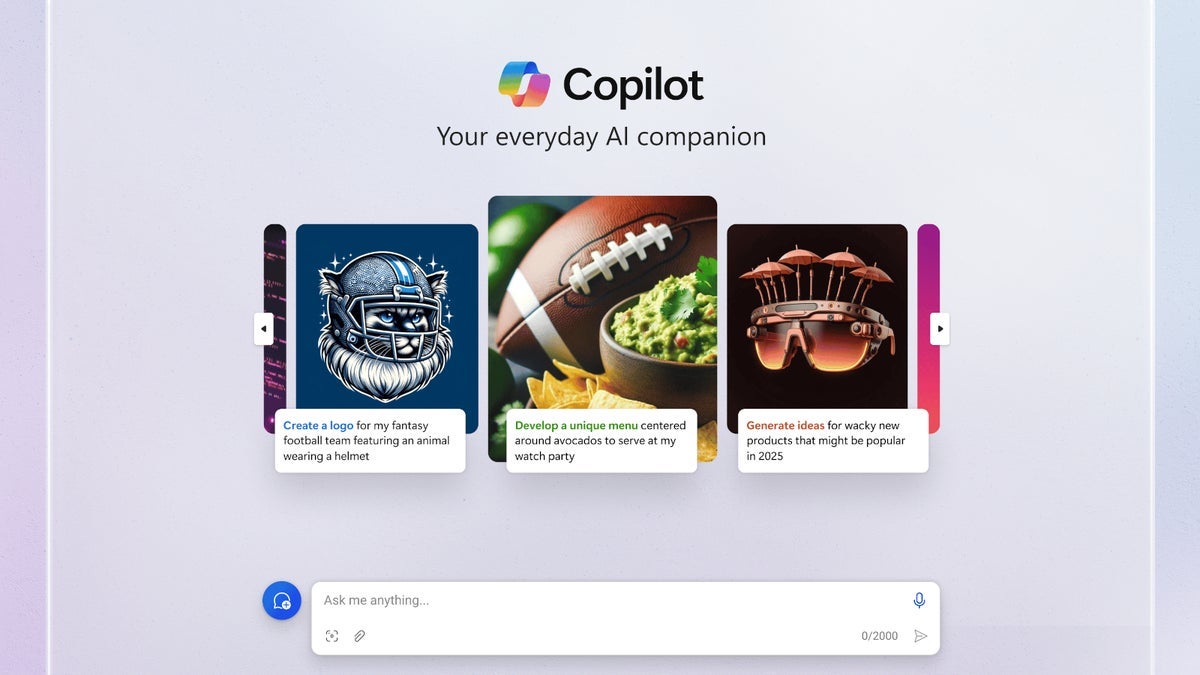While there are several commonly known causes behind this condition, one often overlooked factor in managing hypertension is liver health.
Integrative health coach Neha Ranglani mentions that we have all heard a common advice when it comes to tackling hypertension, and that is “khane mein namak kam khana (put less salt in your food)”.
She stresses that although valid, this is “just one part of the picture.”
“The bigger picture is your sluggish liver, due to dehydration, unhealthy food, and too much stress, because of which your (blood) pressure goes up,” she continues.
Shivani Bajwa, functional medicine and health expert says, “The liver plays a crucial role in regulating blood pressure by producing and processing important substances. One key function is producing angiotensinogen, a protein that is converted into angiotensin II, which helps control blood vessel constriction and blood pressure.”
The liver also processes hormones and chemicals that influence blood pressure, she adds, including aldosterone, which affects sodium and water balance in the body. Additionally, the liver helps maintain blood volume by producing proteins that keep fluid in the blood vessels.

If the liver is not functioning properly, these processes can be disrupted, leading to imbalances that may cause high or low blood pressure.

How dehydration and poor diet contribute to both liver dysfunction and high blood pressure
Bajwa states, “Dehydration and a poor diet can harm both the liver and blood pressure. Dehydration reduces blood volume, making the heart work harder and raising blood pressure. It also hinders the liver’s ability to detoxify and process nutrients effectively.”
A poor diet, she says, high in processed foods, unhealthy fats, and sugars, can lead to fatty liver disease, impairing liver function. This contributes to high blood pressure by disrupting hormone balance and blood vessel regulation.
Additionally, excessive salt intake from a poor diet can cause water retention, increasing blood pressure. Staying hydrated and maintaining a balanced diet are crucial for liver health and controlling blood pressure.
Role of chronic stress in liver health and its subsequent effects on hypertension
Chronic stress negatively impacts liver health and can lead to hypertension (high blood pressure). “When you’re stressed, your body releases stress hormones like cortisol and adrenaline, which can raise blood pressure temporarily. Over time, chronic stress keeps these hormones elevated, leading to sustained high blood pressure,” warns Bajwa.
Stress also affects liver function. The liver is responsible for detoxifying the body and managing metabolism. Chronic stress, according to Bajwa, can cause inflammation and damage to liver cells, impairing these functions. Additionally, stress often leads to unhealthy behaviors like poor diet, excessive alcohol consumption, and lack of exercise, which further strain the liver.
Lifestyle changes or treatments would you recommend to improve liver function
To improve liver function and reduce the risk of hypertension, Bajwa recommends these lifestyle changes and treatments:
Healthy Diet: Eat a balanced diet rich in fruits, vegetables, whole grains, and lean proteins. Limit processed foods, sugar, and unhealthy fats.
Hydration: Drink plenty of water to support liver function and overall health.
Limit Alcohol: Reduce alcohol consumption to prevent liver damage.
Regular Exercise: Engage in regular physical activity to maintain a healthy weight and improve heart and liver health.
Avoid Smoking: Quit smoking to improve overall cardiovascular health.
Manage Stress: Practice stress-reducing techniques like meditation, yoga, or deep breathing exercises.
Regular Check-ups: Have regular medical check-ups to monitor liver function and blood pressure.
Medications and Supplements: Take medications and supplements as prescribed by your healthcare provider.







